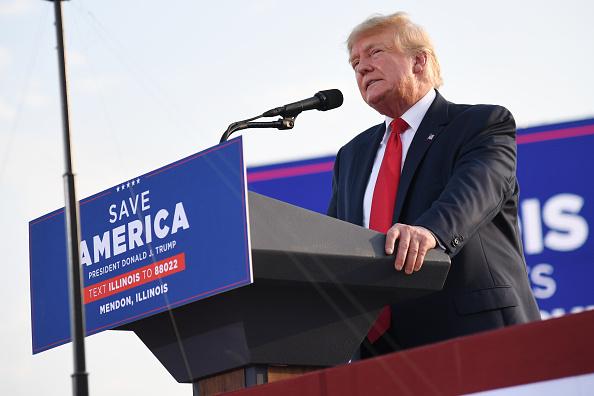It seems that F.H. Buckley thinks a bit differently than most Republicans and Democrats.
In his book “Progressive Conservatism: How Republicans Will Become America’s Natural Governing Party,” he makes it quite clear why that is the case. He belongs to a genre of politics that is rare: a combination of the two (or three, if you toss in Libertarian).






